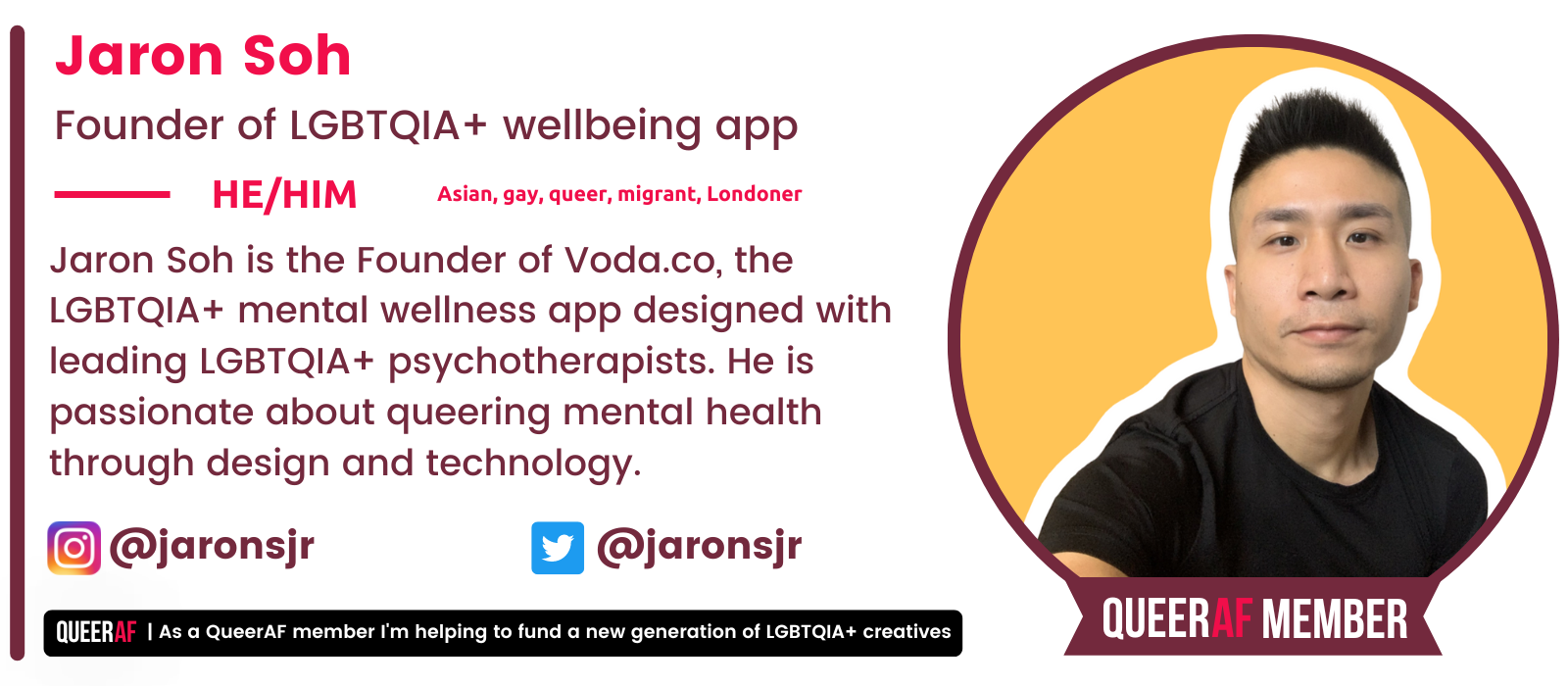
The riots that took place in the UK at the beginning of August are not just a symptom of racism and Islamophobia. They are not an isolated incident. It is revealing of a deeper, more pervasive bigotry that is now targeting any community scapegoated as the ‘other’.
Whether it's immigrants, Muslims, or trans+ communities, these attacks share a common thread: the demonisation and scapegoating of who don’t fit the mold of the majority. And that’s part of the reason why they struck fear into the hearts of marginalised communities across the UK.
The rhetoric of far-right and populist figures like Tommy Robinson and Nigel Farage against immigrants and Muslims closely mirrors the arguments used by the likes of JK Rowling and Elon Musk to vilify the trans+ community.
In all these cases, immigrants, Muslims and trans+ people are painted as threats to our society. This sows fear and hatred that have now escalated into violence.
The recent violence in Southport, where a stabbing falsely attributed to an immigrant was seized upon by far-right agitators, mirrors the way trans+ individuals are often blamed for a range of societal issues — from supposed threats to gender norms to the safety of public spaces.
This kind of othering isn’t just hurtful — it’s also dangerous. It creates an environment where violence becomes not just possible, but likely.
So how did we get here?
Part of the answer lies in the role that public figures play in spreading these harmful narratives.
When influential figures like Farage and Rowling use their platforms to spread divisive rhetoric that legitimises the fears and prejudices of their followers, it can lead to real-world consequences. We’ve seen this in the alarming rise of hate crimes against trans+ individuals, which hit record highs in 2023.
The truth is, these patterns of bigotry are not new. They echo centuries-old tactics used by those in power to scapegoat and dehumanise marginalised groups to maintain social hierarchy.
But it’s not just the individuals who spread this hate that need to be held accountable. We must also address the powerful tech and media companies that have allowed this rhetoric to spread unchecked.
Social media platforms like X have become breeding grounds for hate speech and misinformation, enabling far-right extremists to organise and incite violence with impunity. Musk has reinstated far-right extremists and enabled anti-LGBTQIA+ hate speech on his platform, further amplifying the reach and scale of these dangerous ideologies.
Broadcasters like GB News and tabloids like The Daily Mail constantly print divisive and sensationalist headlines. These outlets hurt marginalised communities, whether by referring to Muslims as “Islamists” or spreading moral panic about Trans+ communities.
The UK is at a crossroads. The recent race riots are a wake-up call. If we do not address the root causes of this violence — racism, Islamophobia, transphobia, and the unchecked spread of misinformation — we risk further descending into chaos.
This is also why the government needs to enact tougher laws not just to hold violent rioters accountable but also to curtail the spread of hate speech online and in the media.
Tech companies like X and Meta must be held accountable for the role they play in fueling these divisions.
At the end of the day, whether we are immigrants, Muslims, or queer or Trans+ folk, we all want the same thing: to live our lives with dignity and respect. The escalating violence we have seen directed towards them are a direct result of the poisonous narratives that have been allowed to fester unchecked.
As members of the LGBTQIA+ community, we know all too well the feeling and danger of being “othered”.
This is why so many of us have come together in allyship with migrant and Muslim communities, and why it’s crucial for us to stand in solidarity with all marginalised groups, and why it is also important for us to support progressive and grassroot LGBTQIA+ media initiatives like QueerAF that are paid for by everyday people, and not sensationalist clickbait or ad revenue.
An attack on one is an attack on all. We must unite in our resistance against hate, and we must now recognise this for what it is: a fight against fascism, bigotry, and the very foundations of a just society.


I started QueerAF as a response to the bad practices I saw while working in gay media and mainstream media newsrooms:
We first began as a podcast when an editor told me to stop pitching 'gay stories' because there was no 'money' or 'audience' for them.
As a young, budding journalist - this was hard to hear. And its impact was huge. It made me think pursuing a career with our lives in mind was worthless. So I did something inherently queer and set out to prove that editor wrong.
We quickly built an international audience, won awards and even picked up revenue along the way - all while giving queer audio producers, what was for most of them, their first paid audio credit.
Later on, working in gay media, I experienced a different barrier to telling the stories that our community wanted. Something that got in the way of what many incredible journalists were trying to deliver.
We were told the stories that matter won't create enough clicks to make it worthwhile. It's something our community is rightly focused on this week. And I'm pleased we're having the conversation.
We're building a platform driven by people, not adverts. So, we can tell stories because they matter to the community, not for clicks. Content for you and the LGBTQIA+ world, not advertisers.
If that's the kind of media you want to see more of then take up our invitation to, invest in our unique, non-profit, press-regulated approach that delivers both queer accountability journalism and invests in a new generation of queer journalists.
If we change the newsroom, we can change the country. Let's give emerging and marginalised creatives as many opportunities to do what they do best:










